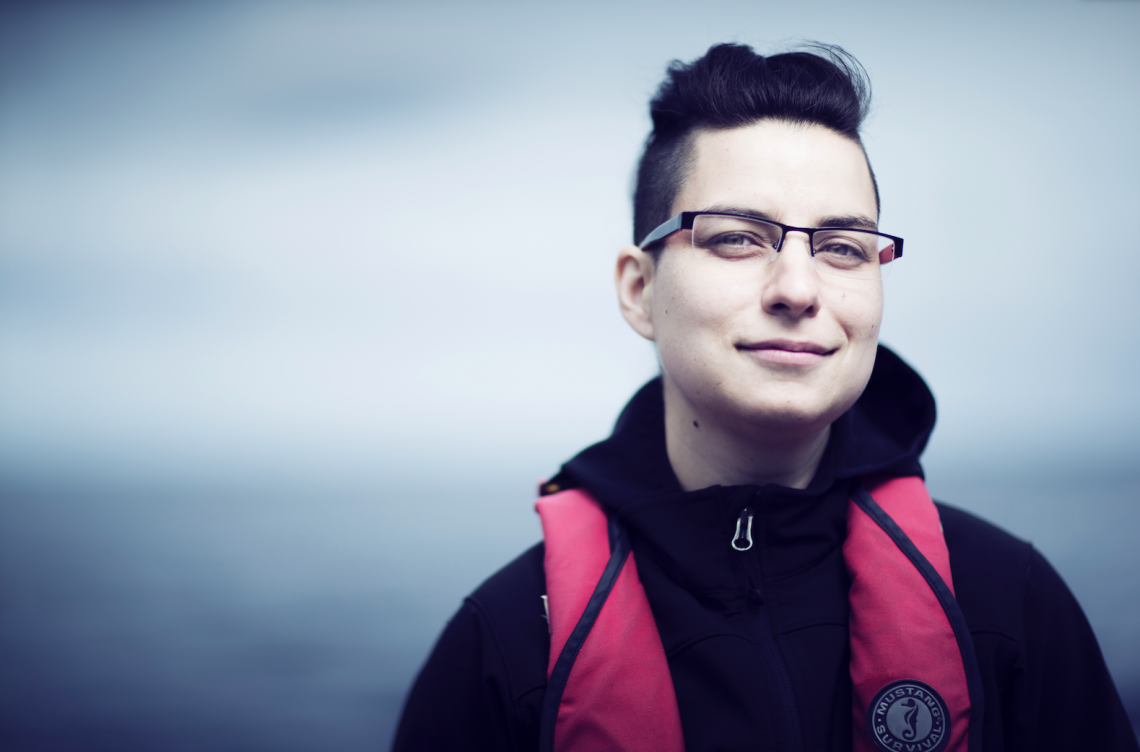
Max Liboiron, who is Métis, runs an anti-colonial, feminist, marine science lab in Newfoundland, Canada where they focus on the study of plastics, particularly in the local food web. An associate professor of Geography at Memorial University with a deep background in Science and Technology Studies, Liboiron founded the Civic Laboratory for Environmental Action Research (CLEAR) with the intention of incorporating Indiginous, and especially Métis, conceptions of respectful and reciprocal land relations into scientific study. At CLEAR, the means do not justify the ends. For example, if toxic chemicals are needed for certain types of analyses, the lab will not pursue that data.
You have reached your article limit
Sign up for a digital subscription and continue reading all new issues, plus our entire archives, for just $1.50/month.
Already a subscriber? Sign in




